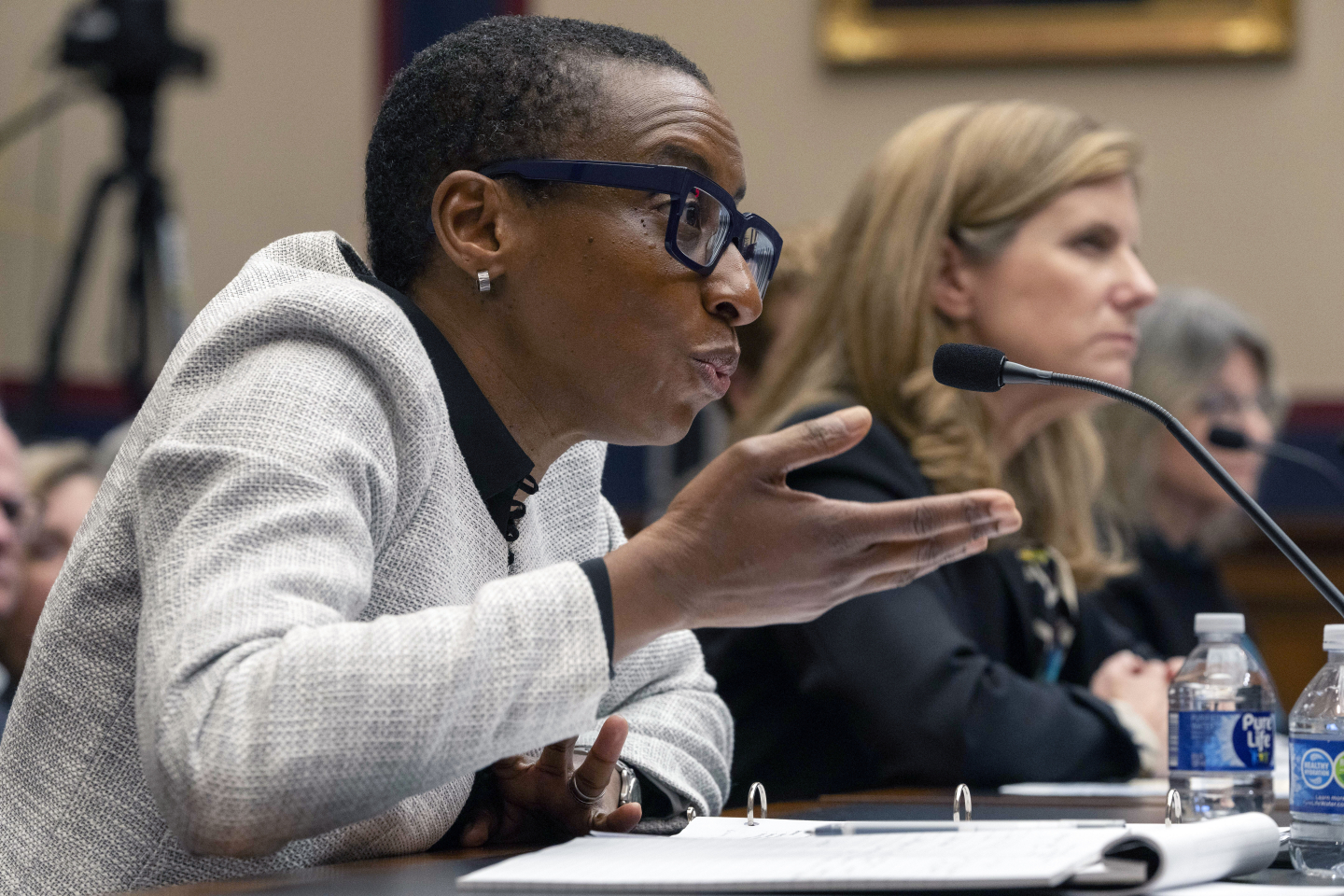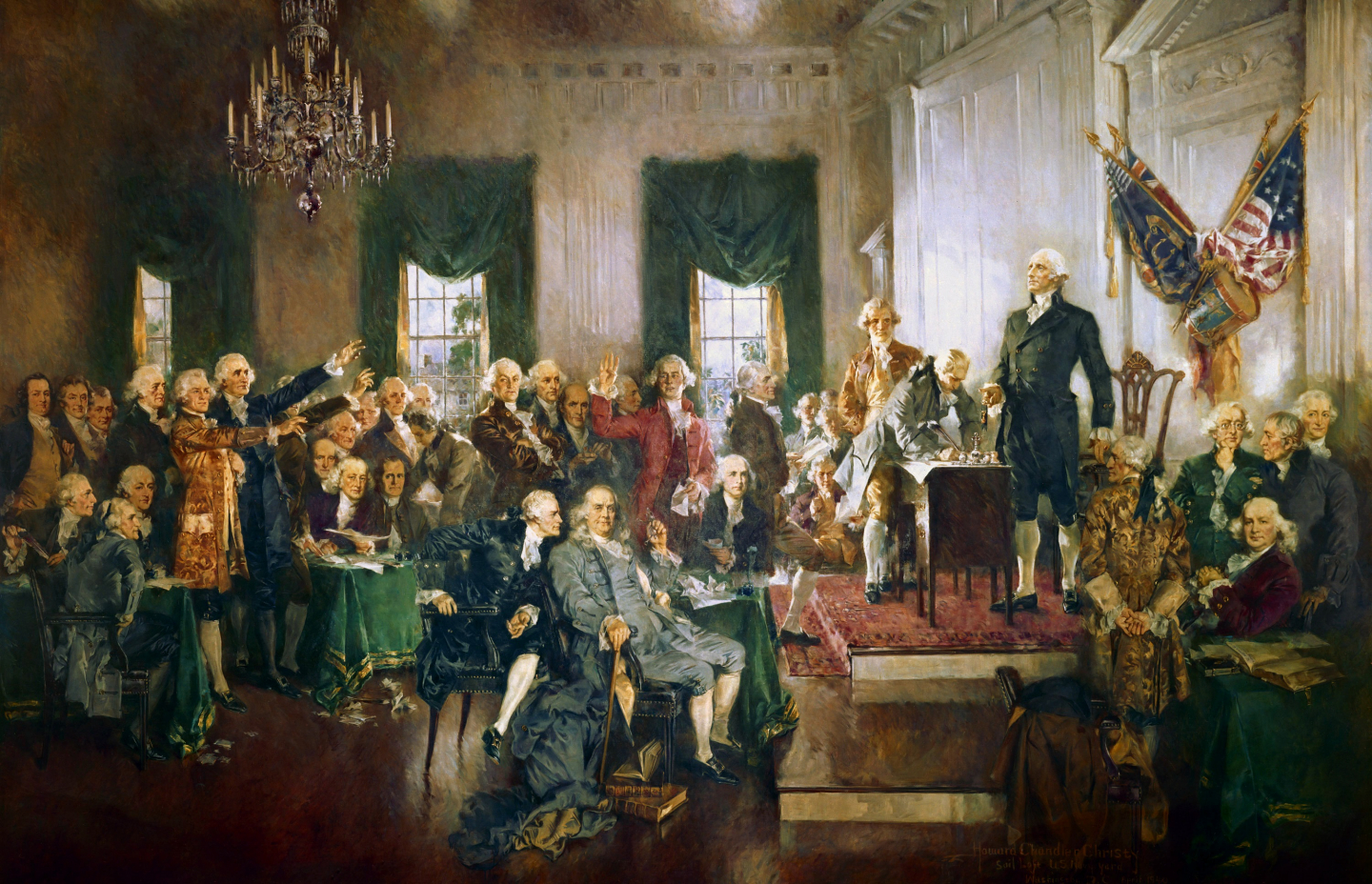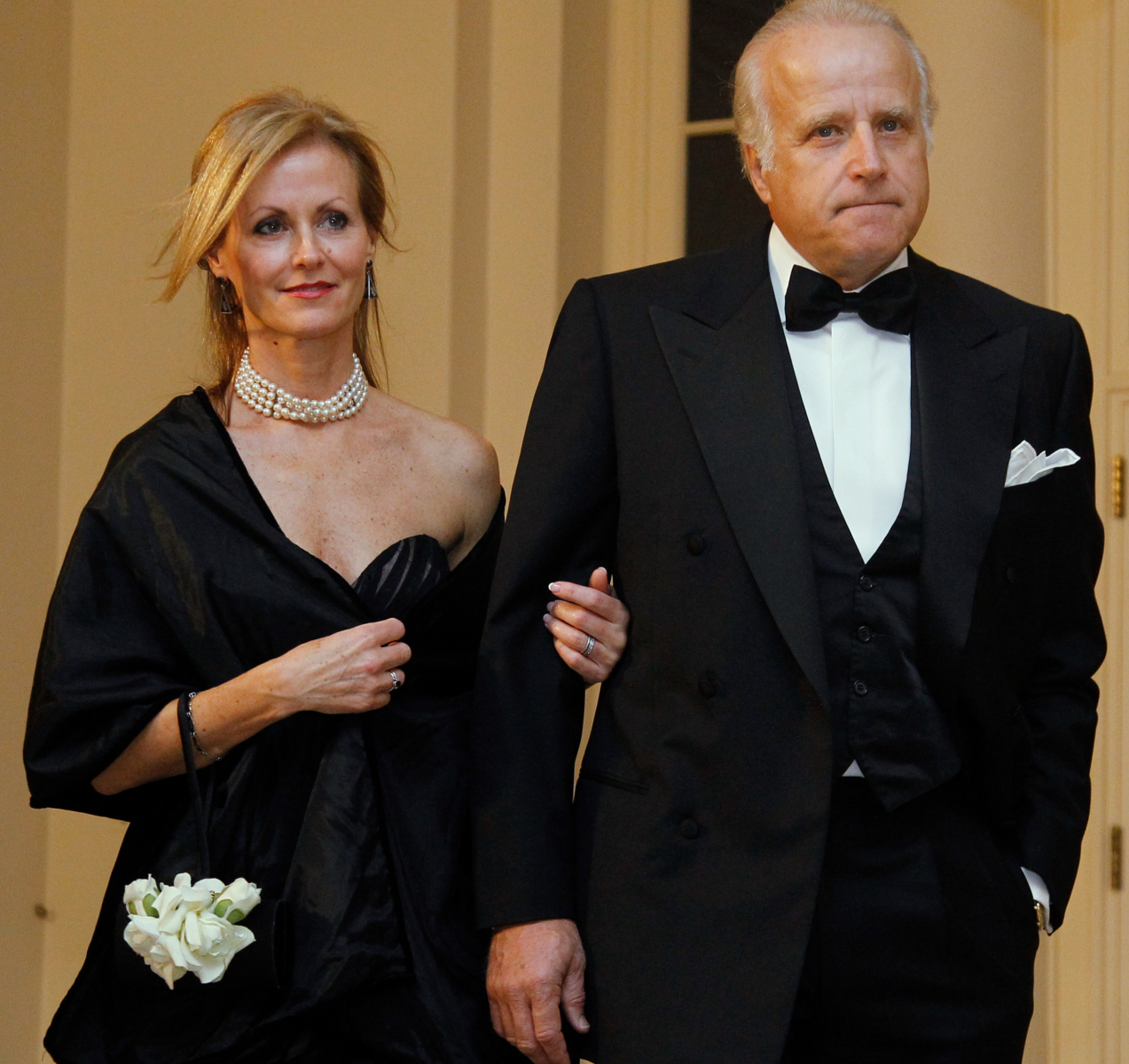Saturday marks Korean American Day, which honors the arrival of the first Korean migrants to the United States on January 13, 1903, and celebrates the contributions of our Korean American community. As we recognize Korean American Day, I reflect on the sacrifices my family made in the aftermath of the Korean War to come the… Continue reading Celebrating Korean Culture This Korean American Day
Category: Intel
The Wisdom of Our Ancestors
Liberalism and progressivism, in their most radical and aggressive forms, increasingly identify freedom with self-will and with the comprehensive repudiation of classical and Christian wisdom and the larger moral inheritance of the Western world. In The Wisdom of Our Ancestors: Conservative Humanism and the Western Tradition, just published by the University of Notre Dame Press,… Continue reading The Wisdom of Our Ancestors
If Conservatives Loathe Harvard, Why All the Claudine Gay Outrage?
There’s that saying that individuals shouldn’t stand in the way when the enemy is hanging himself. What’s true for individuals is arguably true in a commercial sense: the stumbles of a competing business represent an opportunity for the business not committing such egregious errors. This came to mind while reading all the jovial commentary from… Continue reading If Conservatives Loathe Harvard, Why All the Claudine Gay Outrage?
The FBI-Tainted Whitmer ‘Kidnap Plot’ You’ve Heard Next to Nothing About
By Julie Kelly, RealClearInvestigationsJanuary 3, 2024 In a fiery exchange last month, CNN anchorwoman Abby Phillip told GOP presidential candidate Vivek Ramaswamy that there was “no evidence” to support his claim that federal agents abetted protesters at the Capitol on Jan. 6, 2021. Ramaswamy shot back that the FBI conspicuously has never denied that law… Continue reading The FBI-Tainted Whitmer ‘Kidnap Plot’ You’ve Heard Next to Nothing About
The Unbearable Lightness of Seeing
The following is a condensed version of “The Unbearable Lightness of Seeing” by Rachel Lu, published at Law & Liberty. A year or so after we were married, my husband asked me a question. It was unexpected, but it started a train of thought that returned to me as I was reading David Brooks’ latest… Continue reading The Unbearable Lightness of Seeing
Leprosy, Polio, Malaria, TB, Measles … and Massive Unscreened Illegal Immigration
Successful public health campaigns and medical advances have enabled the United States to conquer a range of disfiguring and damaging diseases. Polio, which paralyzed thousands of Americans annually, was wiped out by widespread vaccinations. In 1999 the nation’s last hospital for lepers closed its doors in Louisiana. A global campaign eradicated smallpox, while lethal tuberculosis,… Continue reading Leprosy, Polio, Malaria, TB, Measles … and Massive Unscreened Illegal Immigration
Washington’s Rejection of Dictatorship An Example for All Americans
“I want to be a dictator for one day,” proudly declared former President Donald Trump to the New York Young Republican Club on December 9, 2023. Two hundred and forty years earlier on December 23, 1783, General George Washington humbly informed Congress that he did not want to be a dictator – not even for… Continue reading Washington’s Rejection of Dictatorship An Example for All Americans
This Bill of Rights Day, Let’s Celebrate the Preamble
December 15th marks Bill of Rights Day, which commemorates the 232nd anniversary when the first ten amendments to the U.S. Constitution were ratified. December 15th should be a day all Americans reflect on the unique blessings the Bill of Rights safeguards – the freedom of speech, the right to bear arms, and being protected from… Continue reading This Bill of Rights Day, Let’s Celebrate the Preamble
The Value, Science, & Policies Surrounding Vaccines
The pandemic gave the country opportunities to make health care more affordable and accessible with a public-private partnership the most demonstrably successful pandemic program. The threat of the coronavirus diminished for many Americans thanks to the COVID vaccines. What have we learned from the experience? What does the future look like for vaccine science and… Continue reading The Value, Science, & Policies Surrounding Vaccines
Who Is Sara Biden? Joe’s In-Law Emerges as Central Figure in Foreign Cash Deals
By Paul Sperry, RealClearInvestigationsDecember 11, 2023 Trouble has followed Sara Catherine Jones since she married into the Biden family almost three decades ago. Not long after her 1995 wedding to Jim Biden, she took a job with one of his brother Joe’s Senate donors, who later accused her of “fraud” and “unjust enrichment,” according to… Continue reading Who Is Sara Biden? Joe’s In-Law Emerges as Central Figure in Foreign Cash Deals









